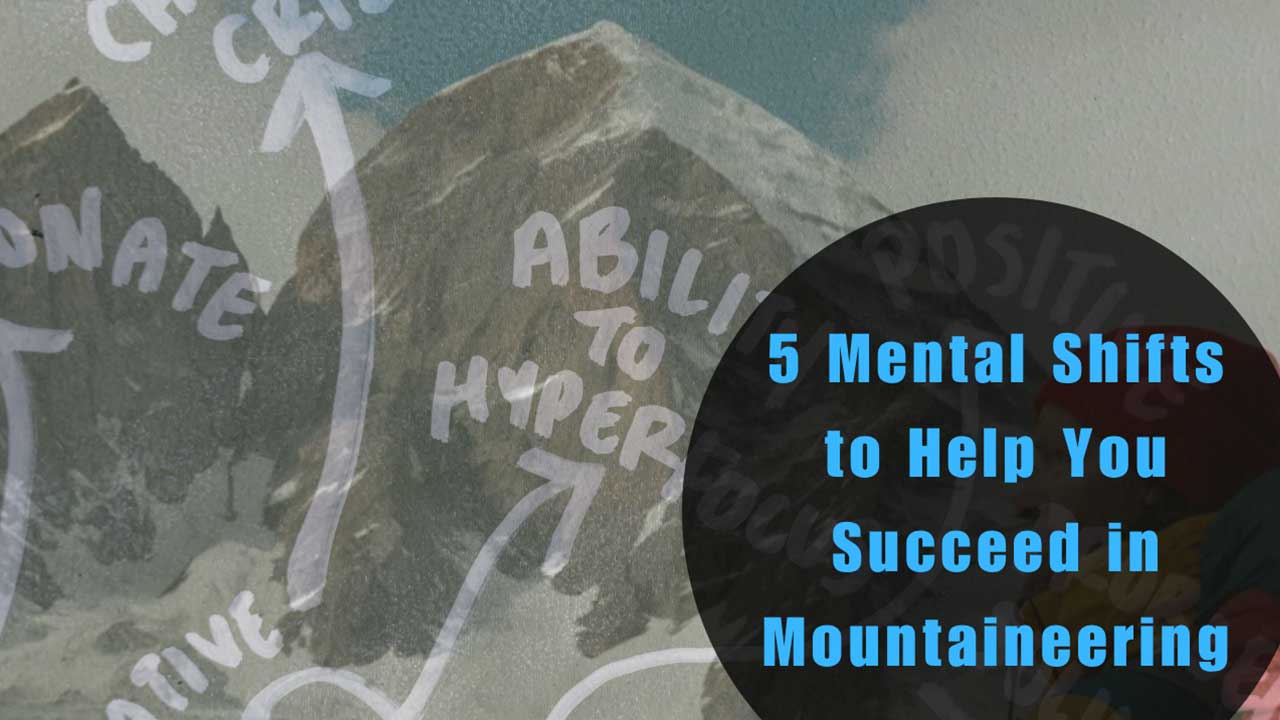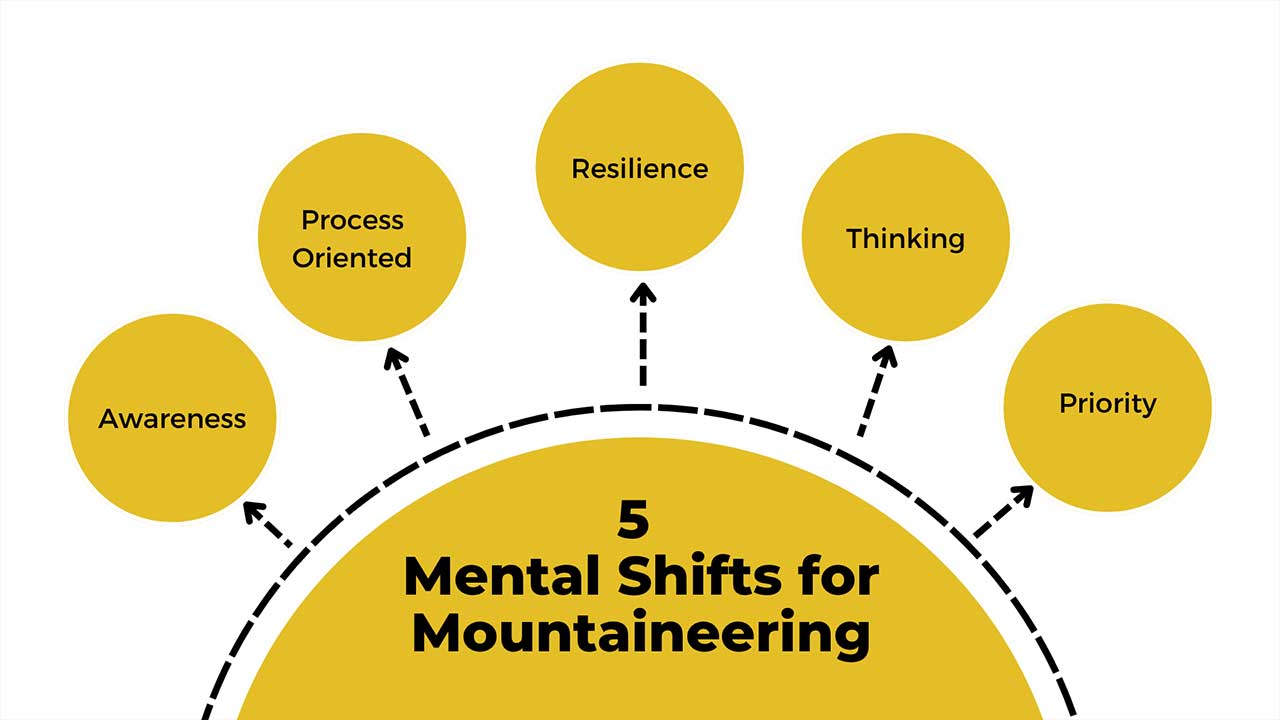5 Mental Shifts to Help You Succeed in Mountaineering
Athlete Health
Introduction
Mountaineering is not just a test of physical endurance—it’s a psychological game played against altitude, fear, fatigue, and the unknown. What separates successful climbers from those who turn back isn’t just their fitness or gear; it’s their mindset.
Whether you’re preparing for the Hanuman Tibba Peak, the Pin Parvati Pass, or a Himalayan summit push, mastering the mental side of mountaineering is crucial. At Ascent Descent Adventures, we emphasize not just the technical skills—but the internal transformation that enables safe and successful ascents.
Here are 5 mental shifts every aspiring mountaineer must make.
1. From Ego to Awareness
Mountains don’t care about your resume.
One of the biggest hurdles for beginner and intermediate climbers is letting go of ego. The need to “conquer” a peak or prove oneself often leads to reckless decisions. True mountaineers cultivate self-awareness instead—tuning in to weather, body signals, team dynamics, and terrain.
“Awareness over achievement keeps you alive.“
How to train this mindset: Practice humility in every climb. Listen more than you speak. Instructors and seasoned trekkers will respect you more for it.
2. From Goal-Focused to Process-Oriented
Success isn’t just about reaching the summit—it’s about the process that gets you there safely.
If you only measure success by standing at the top, you’ll miss the critical lessons along the way: managing discomfort, responding to setbacks, and adapting in real-time.
Example: A student on our Mountaineering Course once said:
“The summit was great, but what really stayed with me was how I changed in those 10 days.”
How to build this: Set daily intentions. Reflect at every camp. Find wins in how you handle small challenges.
3. From Comfort to Resilience
Mountains strip you of modern comforts. You’re cold, tired, hungry, and often afraid. But discomfort is not the enemy—it’s the environment in which resilience grows.
Building mental toughness doesn’t mean ignoring pain or “toughing it out.” It means acknowledging discomfort and learning to operate effectively despite it.
Tip: Train outside in poor weather. Sleep in a tent often. Push your comfort limits during hikes to simulate real expedition fatigue.
Join our Survival Skills Training to gain real-time experience in tough terrain and conditions.

4. From Solo Thinking to Team Thinking
High-altitude environments demand collective intelligence. Decisions must consider the weakest link, and success is built on trust and support.
Many first-time climbers learn the hard way: Mountains are not the place to go it alone.
What to cultivate:
- Active listening
- Sharing responsibilities
- Helping others without being asked
Ascent Descent Adventures focuses on group simulations during training treks and courses like the Alpinism Course to strengthen team-based thinking under pressure.
5. From Outcome Obsession to Safety Priority
Summits are temporary. Coming back alive is permanent.
The best mountaineers internalize a mindset that prioritizes safety over glory. They know when to turn back. They assess avalanche risk and triple-check ropes. And they constantly reevaluate whether it’s worth continuing.
Pin Parvati Pass, for instance, is notorious for weather shifts. Many seasoned climbers have aborted their summit push just 300 meters short—because the margin for error became too thin.
“The summit will always be there. You might not be—if you ignore signs.“
Conclusion
Developing a mountaineer’s mindset takes time, training, and introspection. These five shifts—from ego to awareness, goal to process, comfort to resilience, me to we, and obsession to prioritization—will not only make you a better climber but a more conscious, adaptable human being.
At Ascent Descent Adventures, we prepare you for every step of the climb—from technical ropework to inner transformation. Your mind is your most powerful tool—use it wisely.
Recommended Read for Mindset & Practical Tips:
- 5 Lessons You’ll Learn from Your First Failed Attempt
- 5 Ways to Stay Calm During a Mountain Emergency
- 5 Habits of Responsible Beginner Mountaineers
- 5 Things Your Instructor Won’t Tell You (But You Should Know)